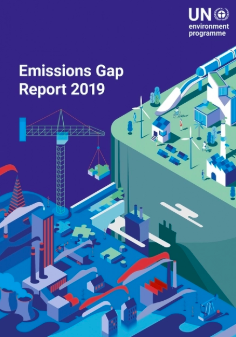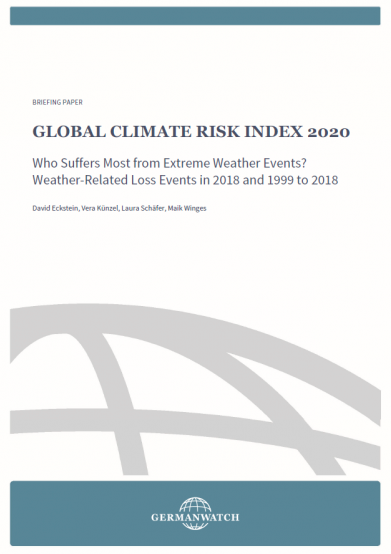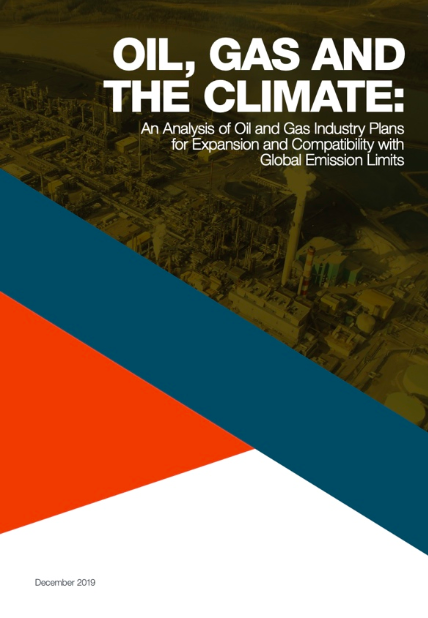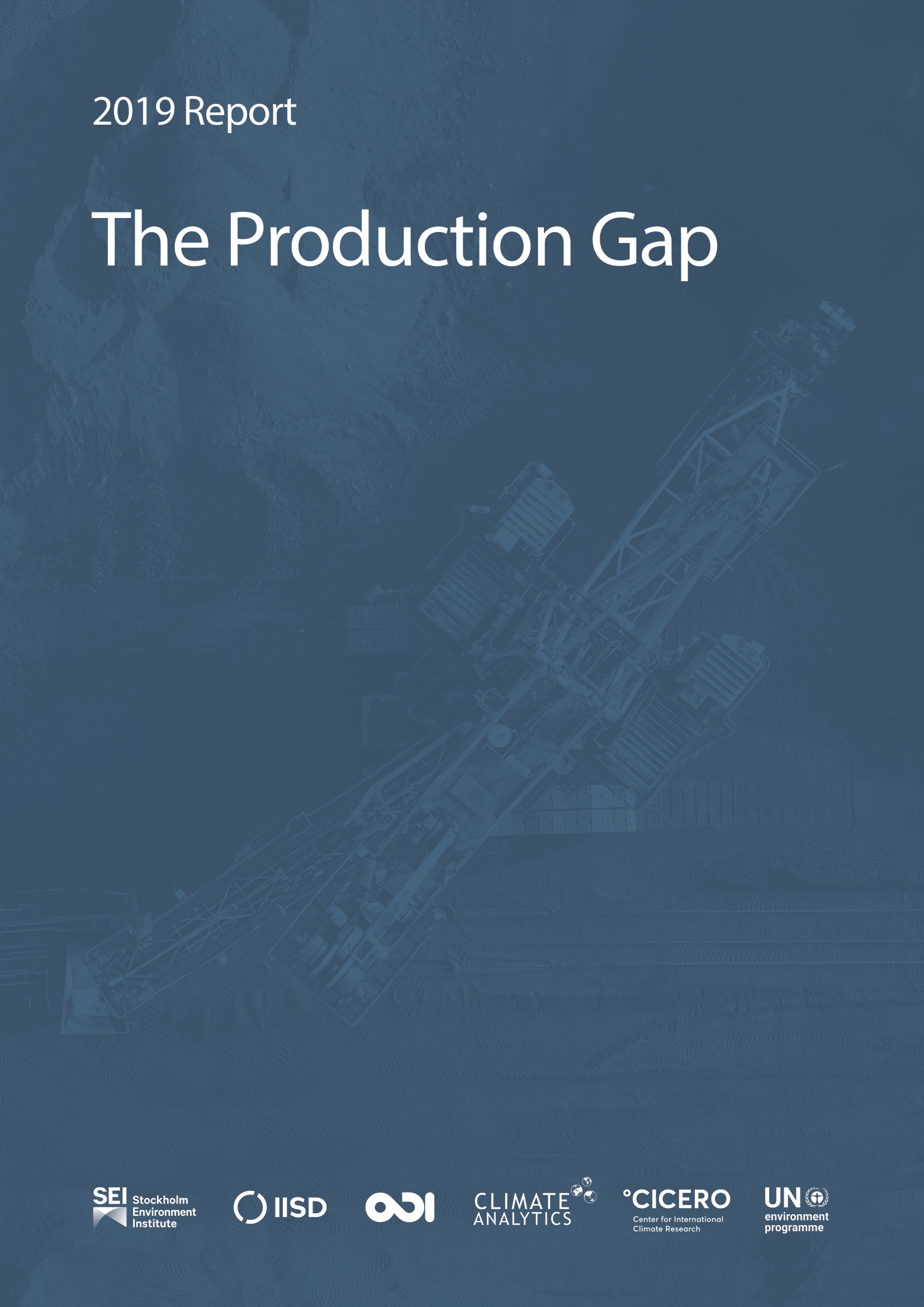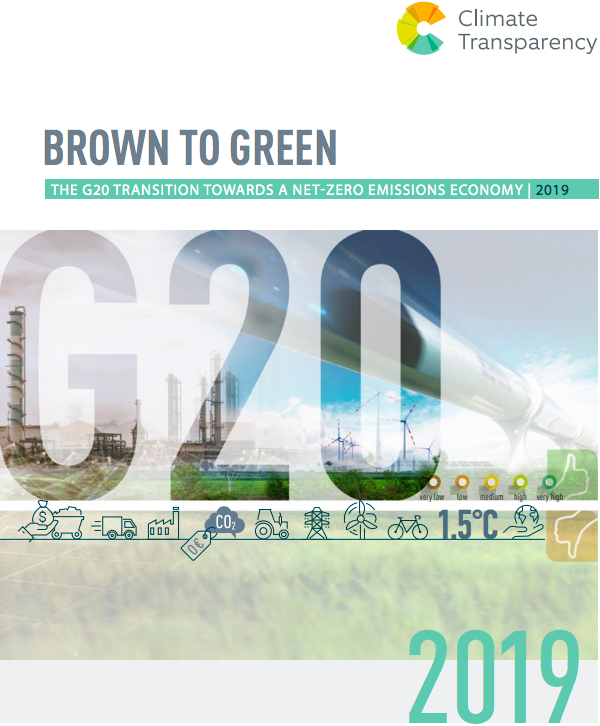Following two weeks of negotiations, UN Climate Change Conference – COP25 has been concluded with a decisión taken on Sunday morning.
Governments have failed to respond to the emergency of the climate crisis as the talks fell victim to major differences between countries that are proving hard to resolve..
The UNFCCC released the following new negotiating texts this morning. On first analysis, observers complained that the text was weak on ambition. One said: “I didn’t think the [Chilean] Presidency could make the text any weaker – but they did.”
Observers of the summit in Madrid held G20 countries – especially with the US, Brazil, Australia, Saudi Arabia – and major oil, gas and coal companies responsible for undermining the climate ambition and blocking the progress for better response to this global challenge.
Canada, Japan, China and India were also faulted for their complacency as they failed to support vulnerable nations in the face of brutal impacts and push for a more robust collective response in 2020. The EU tried to play its role as bridge-builder between developing and developed countries. However, it will take a major diplomatic push and bigger leadership alliance to deliver substantial outcomes at COP26 in Glasgow.

